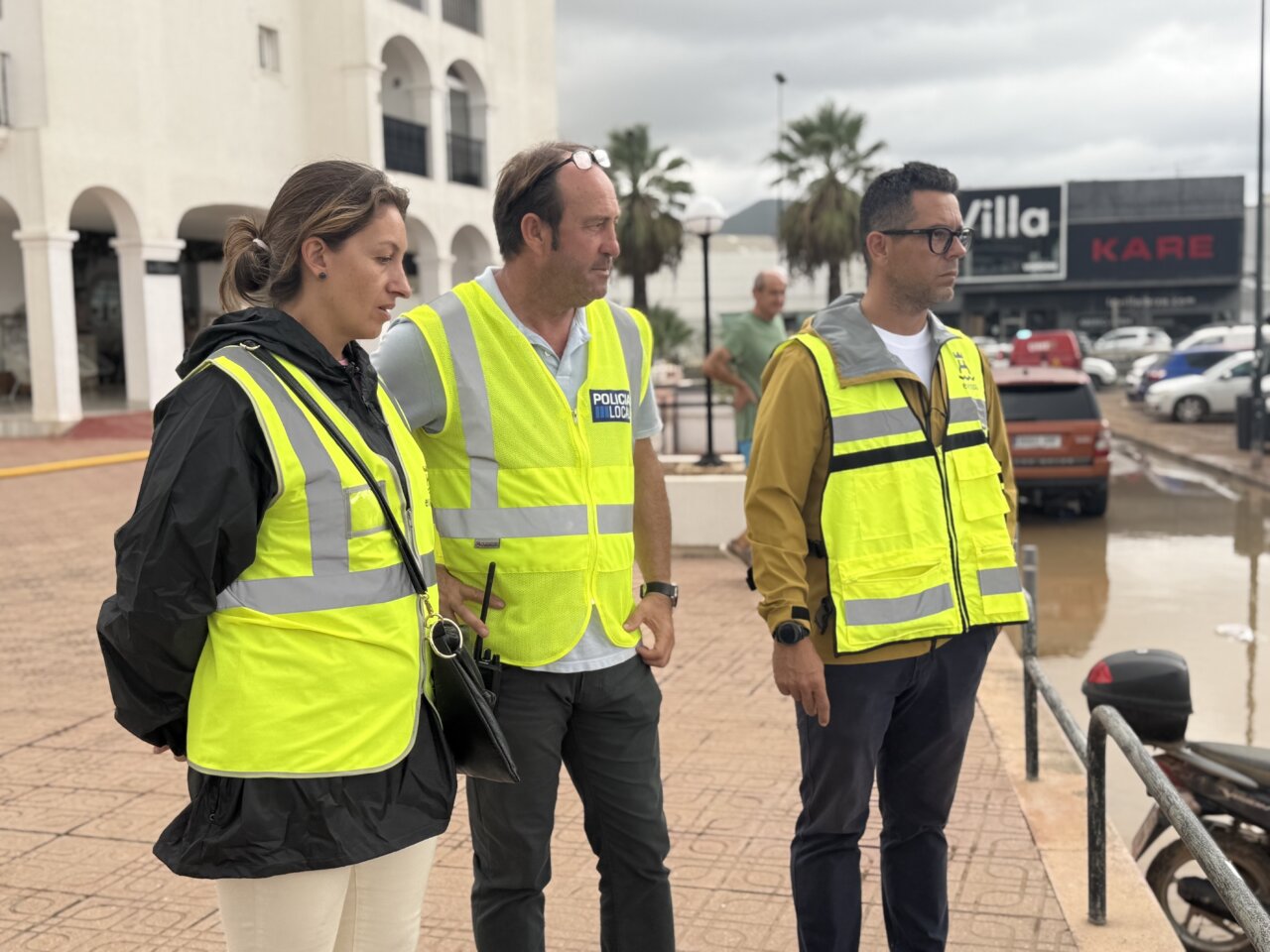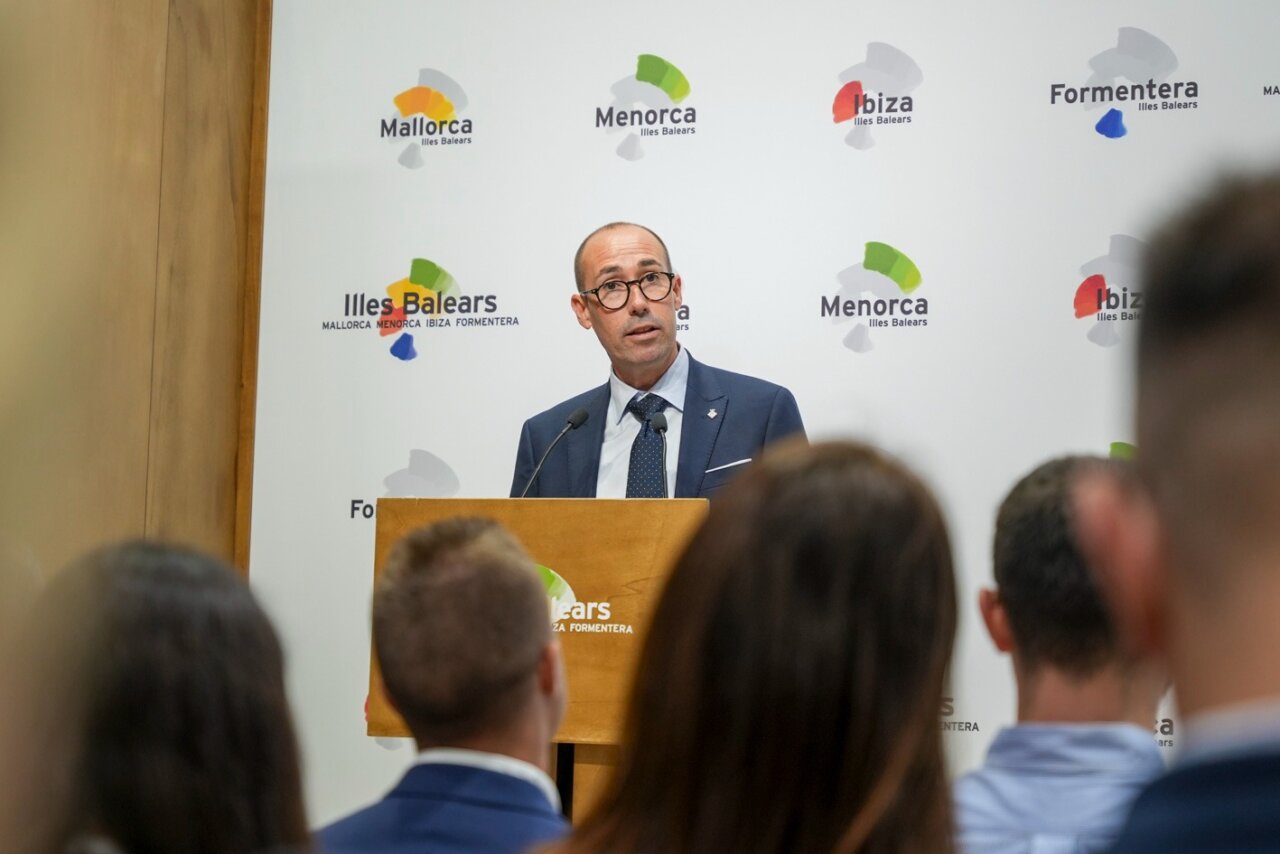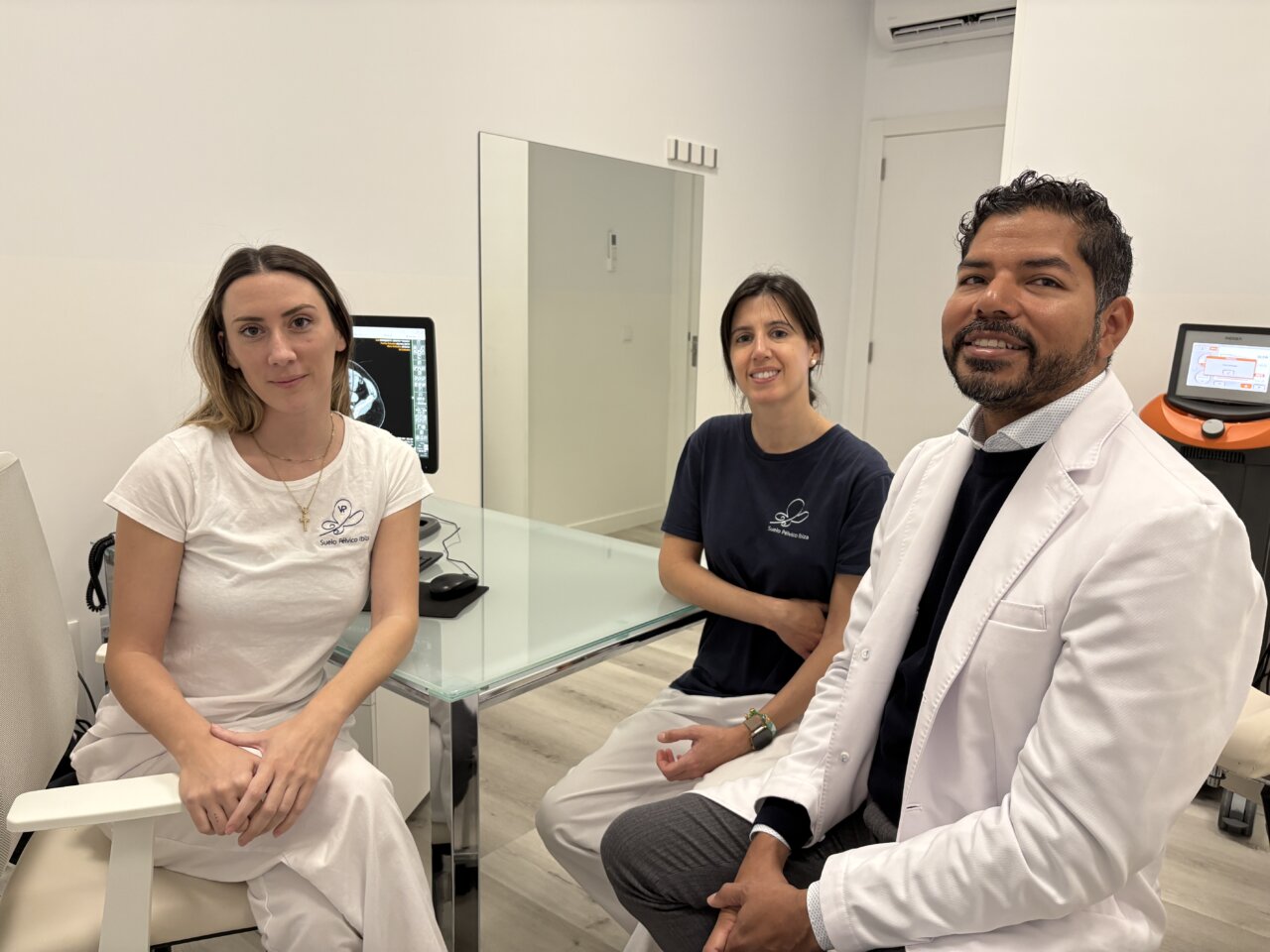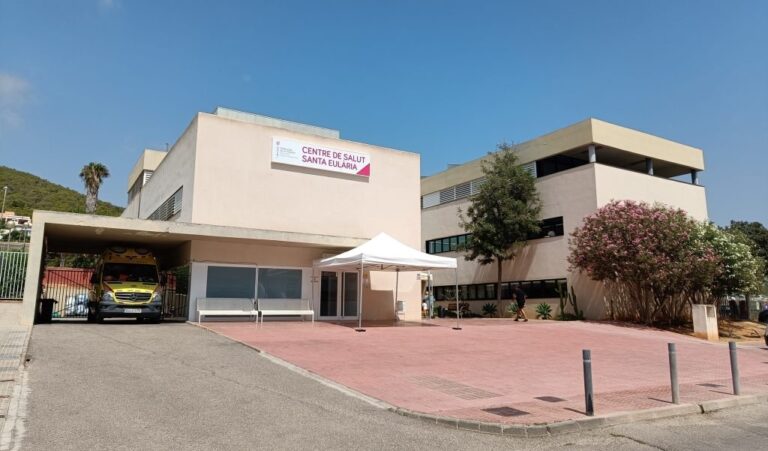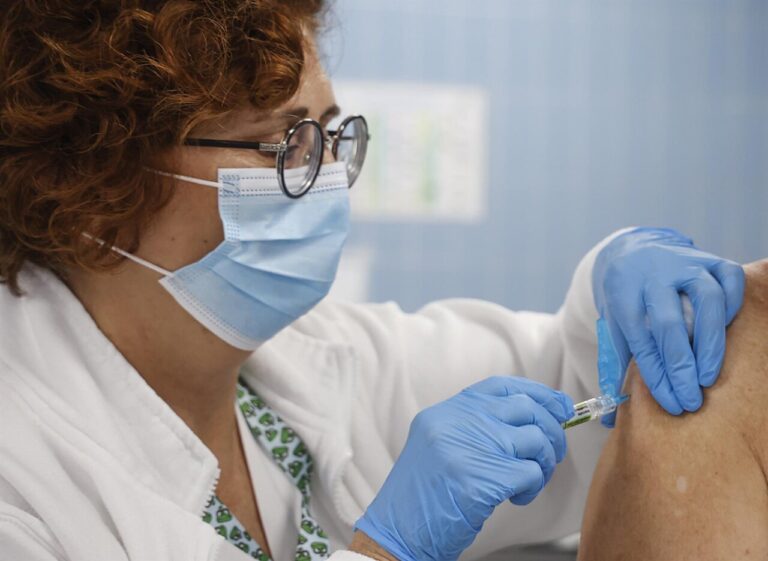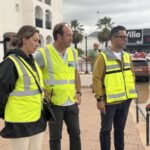Doctors of the World has presented at the University of the Balearic Islands the results of its latest research, where it detects 695 barriers to access to public healthcare in the Balearic Islands during 2025, a reality that also affects Ibiza, according to data released by the NGO. More than 300 of these obstacles are administrative, followed by informative, cultural, economic and physical brakes, which shows -according to the entity- that effective access to healthcare is still far from universal.
-
Intensivist Eduardo Escudero, new manager of the Health Area of Ibiza and Formentera
-
Resignation of the manager of the Health Area of Ibiza and Formentera in the middle of an internal crisis
In its note, the organization warns that these barriers “still prevent full access” to the healthcare system, especially for migrants and other vulnerable groups. Despite the legal recognition of the right to health, many people continue to encounter obstacles that prevent them from receiving care on equal terms.
Housing and the economy
Among the main administrative barriers are the requirements of registration or residence for more than three months, which exclude those who live in informal rents, substandard housing or are homeless. The NGO stresses that this situation is aggravated in the case of minors and pregnant women, who should be guaranteed unrestricted care. Added to this is the “bureaucratization of the right“, which obliges foreigners to go through additional procedures and unjustifiably delays access.
Economic barriers are also a determining factor: many people suffer from “pharmaceutical poverty”, as they cannot afford to pay for medicines, assume co-payments of 40% or pay emergency bills, which acts as a brake and puts their health at risk. Doctors of the World adds that there are hidden costs, such as transport or uncovered health products, which make access even more difficult. In Ibiza, social entities have warned of the increase of these situations.
Physical barriers
Physical barriers include a lack of nearby health centers, restricted opening hours, and architectural obstacles that prevent access for people with reduced mobility. These limitations particularly affect those who work in precarious conditions, with no possibility of being absent for medical appointments.
Information and cultural barriers
Another relevant block is information barriers, which reflect the absence of clear information on rights and procedures, lack of interpretation and, on occasion, misinformation from administrative personnel, who may demand unforeseen requirements or even deny access in an unjustified manner. The situation worsens when there are episodes of racism or verbal violence towards migrants or racialized people. Local NGOs have detected similar cases in Ibiza.
Cultural barriers complete the diagnosis: according to the organization, there is a lack of sensitivity to sociocultural needs such as preference for professionals of the same sex or respect for religious practices. The NGO points out that the absence of intercultural mediation and the lack of training in anti-racist and gender perspective perpetuate these difficulties.
Urgent measures requested
Doctors of the World warns that this accumulation of obstacles violates the right to health and causes serious consequences: delays in diagnosis, worsening of chronic diseases and deterioration of mental health due to the feeling of exclusion. The organization calls for action before the situation becomes chronic.
To reverse this scenario, the NGO calls for urgent measures at the state level, such as approving the Universal Health Law, ensuring care for minors, pregnant women and emergencies, guaranteeing free access to medicines for vulnerable people and disassociating registration as the only means of proof of residence.
At the regional level, Doctors of the World Balearic Islands asks for translation and interpretation services, intercultural mediation in health centers, reinforcement of social services, recognition of reports of the Third Sector, avoiding parallel procedures for foreigners and health and administrative training in regulations and anti-racist and gender perspective, in addition to specific protocols to assist migrants.
“It is vital to ensure that all people, regardless of their administrative or economic situation, can exercise this fundamental right,” concludes the entity, which urges the elimination of the barriers that still hinder effective access to public health care in the archipelago.


